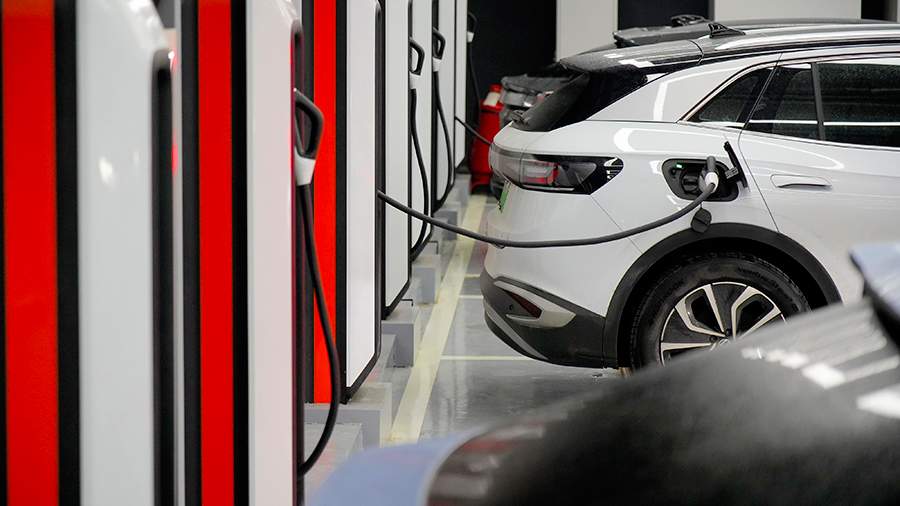
EU to start EV war with China?
By Rhod Mackenzie
The European Commission President Ursula von der Leyen has announced the launch of an investigation into allegations that the Chinese government is subsidising the production of Chinese electric vehicles. From the outside, and it seems that the first impression is true, it looks as if European car manufacturers are afraid of Chinese competition. Apparently, Brussels agrees with them and believes that the European car industry will not be able to compete with the Chinese in the field of electric vehicles.
"They (Chinese electric vehicles) have artificially low prices thanks to huge government subsidies," Bloomberg quoted the EU head as saying in her annual speech to the European Parliament. "We do not intend to allow this distortion in our market..."
The EC launched an investigation, knowing full well that Beijing would respond in kind. This "courage" or desperation is further proof that Brussels does not believe in the competitiveness of its electric vehicles.
As usual, the stock markets were the first to react to von der Leyen's words. As expected, shares of Chinese electric vehicle manufacturers began to fall (for example, BYD Co in Hong Kong by 2%), while European shares began to rise (Renault SA by 4.9% and Volkswagen AG by 2.6%).
Chinese carmakers, including the majors BYD and Nio Inc, are preparing to conquer the European market. The manufacturers of mass-produced cars, such as Stellantis NV and Volkswagen, will suffer most from the arrival of cheap electric vehicles from China into the EU. The expansion comes as demand for electric vehicles in China itself has stopped growing.
European carmakers' fears are not unfounded. This year, for example, BYD took the title of best-selling car brand in China from Volkswagen. Its products can now be seen on the streets of cities in 15 European countries. Suffice it to say that its Atto 3 crossover became the best-selling electric car in Sweden in July. The prices forthe new models, including the new Seal, start at around 45 thousand euros in Germany, for example. It is clear that the model will be a serious competitor to both Tesla's Model 3 and several Volkswagen electric vehicles.
The EU has already taken up the issue of US and Chinese subsidies for green technologies this year. Brussels is calling on Beijing to rebalance trade relations and open up the Chinese market to Old World companies.
France has been the most insistent on the investigation. The French Finance Minister Bruno Le Maire flew to Germany on 13 September to persuade his hosts to insist on tougher measures to protect Europe's car industry.
"We now need to make our European industrial strategy one that will boost innovation," Le Maire insisted, "and to better protect our interests in competition with China and the United States. We can't waste a single day!"
Meanwhile, Ursula von der Leyen will soon have to decide whether to introduce tariffs on electric cars in EU-UK trade from next year.Analysts say the tariffs will hit a united Europe and hurt European carmakers, as well as strengthening the competitive position of their Chinese counterparts.
